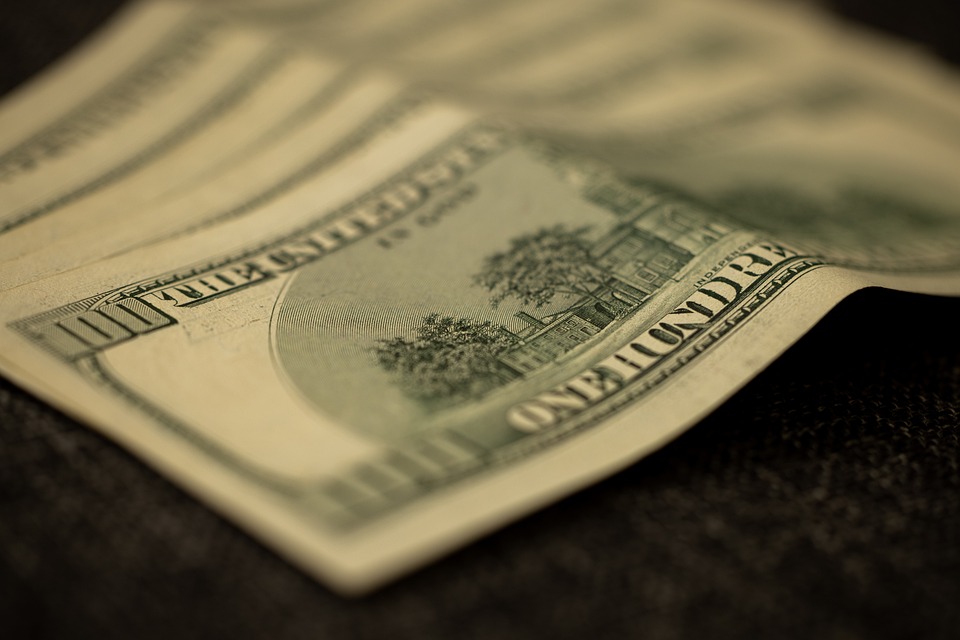Tax fairness is a hotly debated topic in today’s society, with many arguing that the current system is not equitable for all individuals. The debate over tax fairness revolves around the idea that the burden of taxation should be distributed in a way that is fair and just for all members of society.
One of the main arguments against the current tax system is that it disproportionately affects low and middle-income individuals. Critics argue that the wealthy are able to take advantage of various loopholes and deductions, allowing them to pay a lower percentage of their income in taxes compared to those with lower incomes. This has led to calls for tax reform that would ensure the wealthy pay their fair share.
On the other side of the debate, proponents of the current tax system argue that it is necessary in order to promote economic growth and incentivize investment. They argue that taxing the wealthy at higher rates would discourage them from investing in the economy, leading to reduced job creation and economic growth. They also point to the fact that the wealthy already pay a significant portion of overall taxes, with the top 1% of earners paying nearly 40% of all federal income taxes.
However, despite these arguments, many still believe that the current tax system is not equitable for all individuals. In fact, a recent study by the Institute on Taxation and Economic Policy found that the poorest 20% of Americans pay an average tax rate of 10.9%, while the top 1% pay just 5.4%. This stark contrast highlights the inequality in the current tax system and has fueled calls for reform.
There are several proposed solutions to address the issue of tax fairness. One common suggestion is to increase tax rates on the wealthy, closing loopholes and deductions that benefit the wealthy. Another proposal is to implement a wealth tax, which would tax individuals based on their net worth rather than just their income. Additionally, some have called for a more progressive tax system that taxes higher incomes at higher rates.
Ultimately, the debate over tax fairness is complex and multifaceted. While proponents of the current system argue that it is necessary for economic growth, critics argue that it is not equitable for all individuals. As the debate continues, it is important for policymakers to carefully consider the implications of any proposed tax reforms in order to create a system that is fair and just for all members of society.




